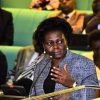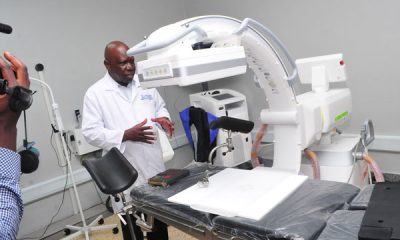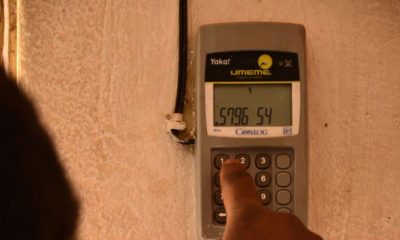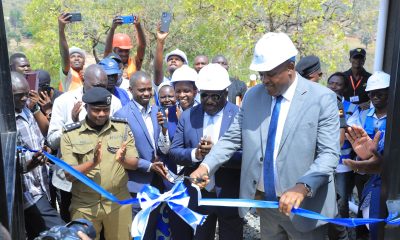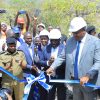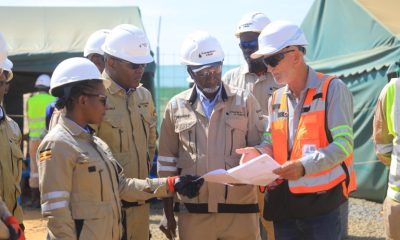The ongoing National Science Week at Kololo Ceremonial Grounds is set to become a significant platform for matchmaking between investors and Ugandan innovators, according to Dr. Monica Musenero, the Minister for Science and Technology. The event, which commenced on November 6 and runs until November 11, focuses on showcasing the critical role that science and technology play in nation-building.
This year’s theme, “Tusimbudde” (we have taken off), highlights the journey of transforming innovative ideas into viable businesses. Dr. Musenero emphasized the need for ideas to mature and evolve into entities capable of attracting investment, rather than waiting for government funding, which can be time-consuming and insufficient for many projects.
Over 70 investors from around the world have been attracted to the event, indicating a growing interest in Ugandan innovations. The presence of these investors is expected to provide a unique opportunity for Ugandan innovators to present their projects and attract potential funding.
Dr. Musenero sought to allay fears among innovators about investors taking over their ideas. She compared investors to individuals providing nourishment to a growing tree, helping it thrive and benefitting everyone involved. Investors aim to support and scale the innovations, not to take control of them.
The Minister stressed that it is now time for innovators to transition from the idea and startup stage to seeking investment.
To facilitate this transition, the Science Week will feature an investors’ summit where investors can explore the diverse array of science and innovation projects that Uganda has to offer.
While Dr. Musenero believes that government support is instrumental in nurturing ideas, she acknowledges the limitations of public funding. By attracting private investors, the Science Week aims to bridge the funding gap that many innovators face.
The National Science Week 2023 features a wide array of products and technologies created by local innovators, including aircraft, electric tractors, vehicles, motorcycles, herbal medicines, diagnostic tools, vaccine and drug development updates, robots, software, and computer applications. Among the projects showcased is a real electric tractor currently in development, designed for tasks like plowing, seeding, and pest control.
The event has garnered substantial attention, with 70 leading investor firms participating and presenting a potential solution to the funding challenges faced by innovators. This proactive approach to mobilizing investment aims to propel Ugandan innovations to the next level, ultimately contributing to the growth of the nation’s economy.
In conclusion, the National Science Week serves as a vital platform for bridging the gap between Ugandan innovators and investors, offering a promising path for the maturation and commercialization of innovative ideas. As more investors are drawn to the event, Uganda’s burgeoning innovation ecosystem stands poised for significant growth and development.



